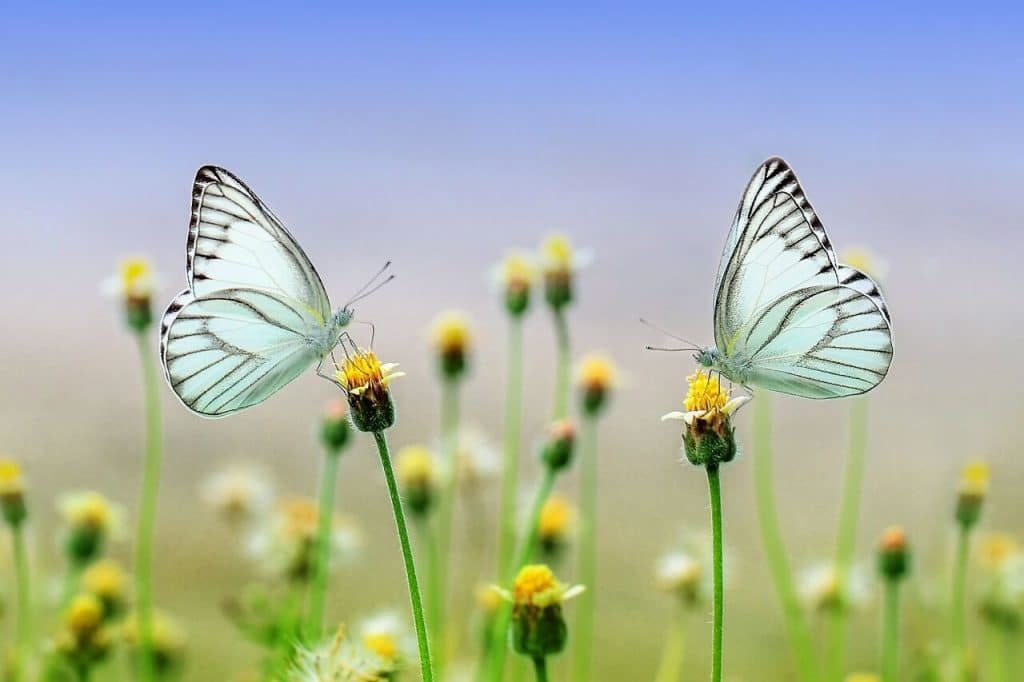What books am I reading?
People often ask what books I’m reading. Right now, I keep my nightstand covered with books old and new. I only retain books I want to read again. All others land in a neighborhood book kiosk, or at the famous Powell’s Bookstore here in Portland, Oregon.
Here are the books I’m reading now, and why:
Ishmael: An Adventure of the Mind and Spirit, by Daniel Quinn
I read this book every few years. It teaches about two types of culture: the Leavers (indigenous people) and the Takers (industrialized society). The teacher in the book is Ishmael, a gorilla, who offers his lessons to a student who responded to a newspaper ad saying, Teacher Seeks Student.
Ishmael teaches his student to think through and understand the desecration of Leaver culture by the industrialized, ubiquitous practices of Takers.
This quote articulates why I re-read this book every couple of years:
Ishmael: You see now that the Takers and the Leavers accumulate two entirely different kinds of knowledge.
Student: Yes. The Takers accumulate knowledge about what works well for things. The Leavers accumulate knowledge about what works well for people.
Ishmael: Now, you know that the knowledge of what works well for production is what’s valued in your culture. In the same way, the knowledge of what works well for people is what’s valued in Leaver’s cultures. And every time the Takers stamp out a Leaver culture, a wisdom ultimately tested since the birth of mankind disappears from the world beyond recall, just as every time they stamp out a species of life, a lifeform ultimately tested since the birth of life disappears from the world beyond recall.
Student: Ugly.
Ishmael: Yes, it is ugly.
The ongoing work of the Water Protectors at Standing Rock, as well as the other indigenous cultures around the world, exemplify Leaver consciousness. Ishmael is a wise gorilla. I’m a student of Leaver consciousness.
Autobiography of a Yogi, by Paramahansa Yogananda
I also re-read this book. One of my favorite lessons comes in Chapter 12, Years in My Master’s Hermitage. Yogananda is encouraged to buy mosquito netting for both his bed and Sri Yukteswar’s (his master). Night after night the netting is set up around the beds, until one night, when it isn’t. Yogananda is in turmoil from the relentless biting of the mosquitos. Sri Yukteswar is undisturbed, in fact a mirror placed under his nose reflects that Yukteswar is not even breathing.
Yogananda learns a very important lesson.
A true yogi is able to pass into and maintain the superconscious state, regardless of multitudinous distractions never absent from this earth — the state of samadhi (sabikalpa), the devotee shuts off all sensory testimony of the outer world. He is rewarded then by sounds and scenes of inner realms fairer than the pristine Eden.
How can we evolve, be agents of change and become Leavers, if we cannot sit within and let go of the distractions of the outer world? Meditation is a primary tool in my life. (And mosquitos don’t bite me either.)
The Individual and the Nature of Mass Events: A Seth Book, by Janet Roberts
I discovered the Seth teachings in the early 1990’s. I’m re-reading this book because these Now Times have shattered so many myths that we’ve thought of as actualized truths. Myths such as safety, acceptance, freedom, sovereignty, equality, stewardship, collaboration and connection. We don’t know much about these principles at all. What to do with this co-created reality?
For an exercise, then, imagine for a while that the subjective world of your thoughts, feelings, inner images and fantasies represent the “rockbed reality” from which individual physical events emerge. Look at the world for a change from the inside out…. Imagine that physical experience is somehow the materialization of your own subjective reality…. Ignore for a time everything you have believed and see your thoughts as the real events. Try to view normal physical occurrences as the concrete physical reactions in space and time to your own feelings and beliefs. For indeed your subjective world causes your physical experience.
Each of us can take direct responsibility for what we think and actualize. We can show up anew and evolve our co-creation. I commit to this (imperfectly) every day.
The Irresistible Revolution: Living as an Ordinary Radical, by Shane Claiborne
Claiborne is a Christian, which is fine with me. I am not. I do like Claiborne’s work, reflecting Christian principles and often citing Jesus’ actions as examples for radical conduct.
After referencing several of Jesus’ teachings that illustrate radical choice in biblical times, Claiborne writes:
In each of these instances, Jesus is teaching peasants the third way. … we see a Jesus who abhors both passivity and violence, who carves out a third way that is neither submission nor assault, neither fight nor flight. It is in this third way, [Walter Wink, a Biblical scholar, professor and author] Wink writes, that teaches that ‘evil can be opposed without being mirrored … oppressors can be resisted without being emulated … enemies can be neutralized without being destroyed.’ We need more of the prophetic imagination that can interrupt violence and oppression.
The rage and hatred spewed in our social climate repel me. And mind you, I mean from both ‘sides.’ I have always been repelled by the ‘eye for an eye and tooth for a tooth’ framework. Count me against war and killing as a solution to difference, always and forever. Claiborne’s book invites me to be clear and direct. It calls me to respond and act as an ordinary radical. He exemplifies Conscious Activism.
What books are you reading? How do they inform your thoughts, experience and reality?



